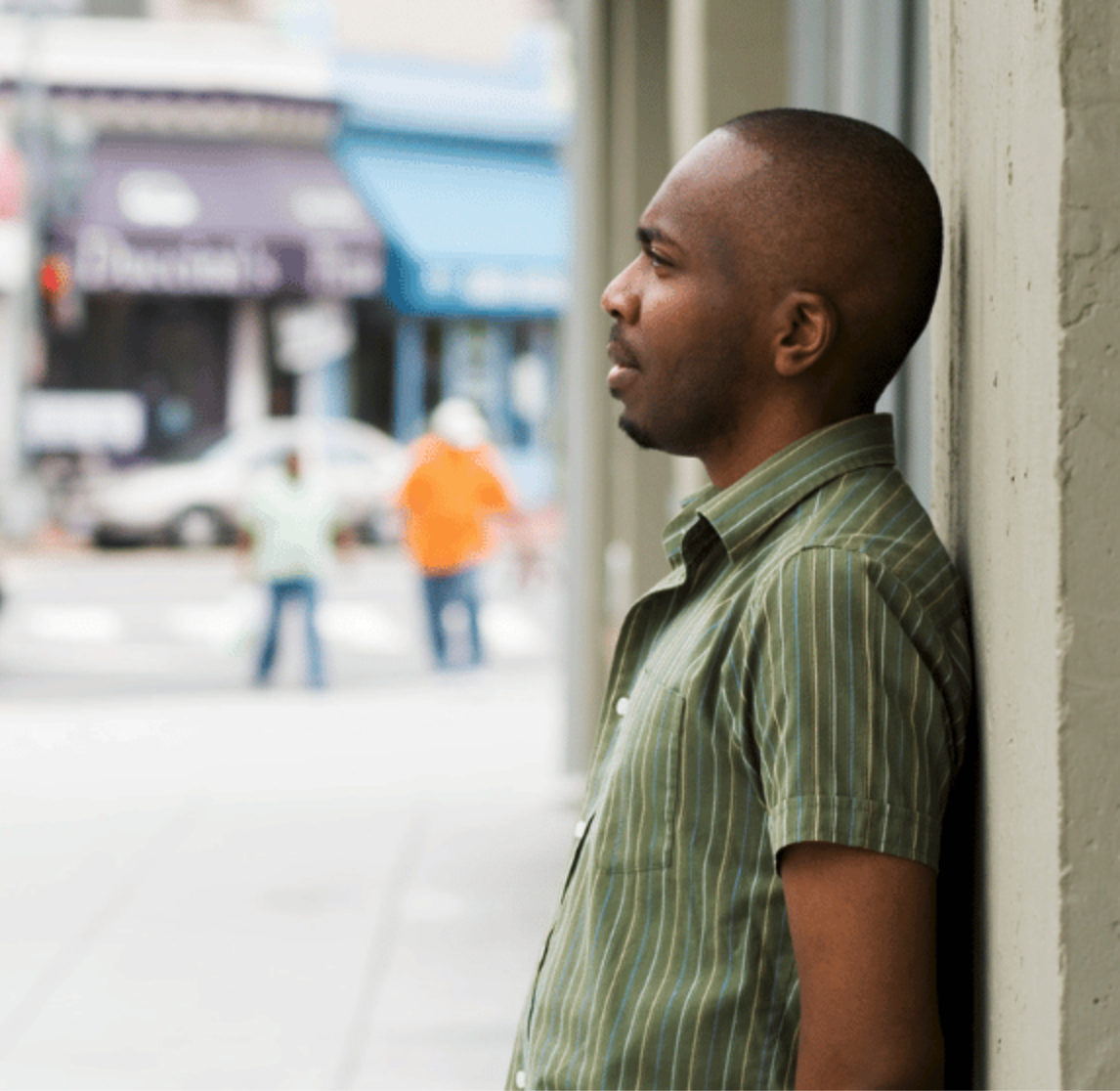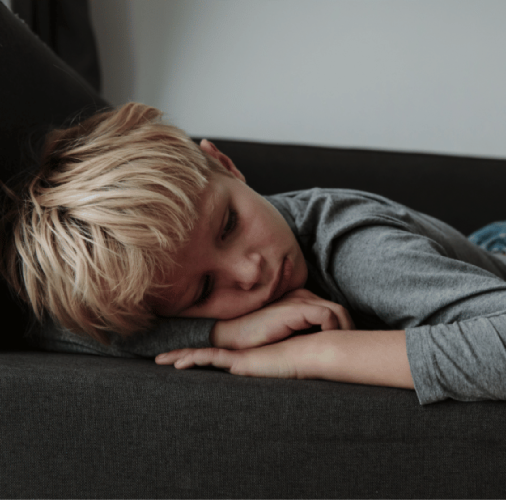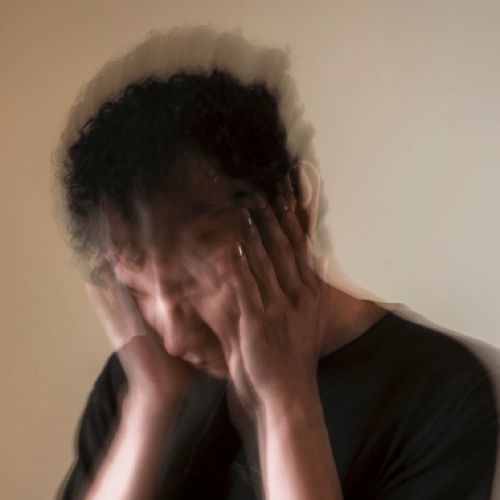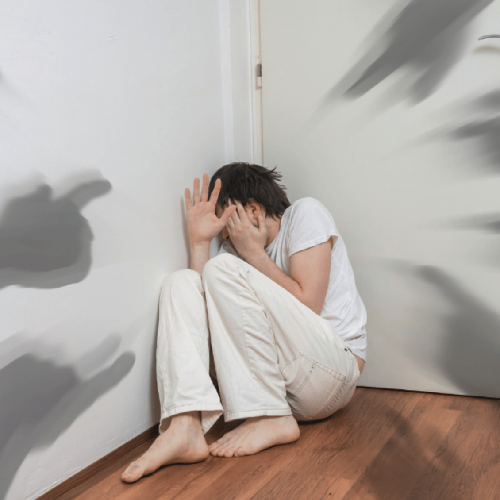Am I having PTSD after an accident?
Post-Traumatic Stress Disorder (PTSD) is a mental health condition that’s triggered by a traumatic event. In the case of a personal injury accident, 23% – 30% of the time victims and witnesses can experience PTSD symptoms. Many times symptoms don’t resolve quickly on their own.
Symptoms may vary with each individual.
Common PTSD Symptoms Can Include:
Avoid PTSD Negative Coping Skills
When people are unaware that they have PTSD following a traumatic accident, they may develop negative coping skills to help them handle the symptoms. Common negative responses include:
- Substance abuse or taking a lot of drugs or alcohol to feel better
- Avoiding others
- Staying always on guard
- Avoiding reminders of the trauma
- Anger and violent behavior
- Dangerous Behavior
- Working too much
Which programs work for PTSD?
Cognitive Behavioral Therapy (CBT), is a type of psychotherapy originally researched and developed by the Veterans’ Administration to help soldiers suffering from depression and those affected by war. CBT has consistently been found to be an effective treatment for PTSD. It focuses on identifying, understanding, and changing thinking and behavior patterns. CBT is an active treatment which helps the PTSD sufferer learn skills to be applied to their symptoms. The skills learned during therapy sessions help support symptom improvement.
Cognitive Processing Therapy (CPT), is a type of CBT and is based on the VA protocol, but it is specifically trauma-focused. A CPT therapist is highly trauma-informed. As a result, all of Trauma Counseling Associates CPT therapists are more attuned to understanding trauma-based triggers and reactions. Skills learned during therapy sessions help support symptom improvement for over 95% of our clients with this type of therapy. Counseling can usually be competed within 5-10 sessions, depending on the severity of the case.














